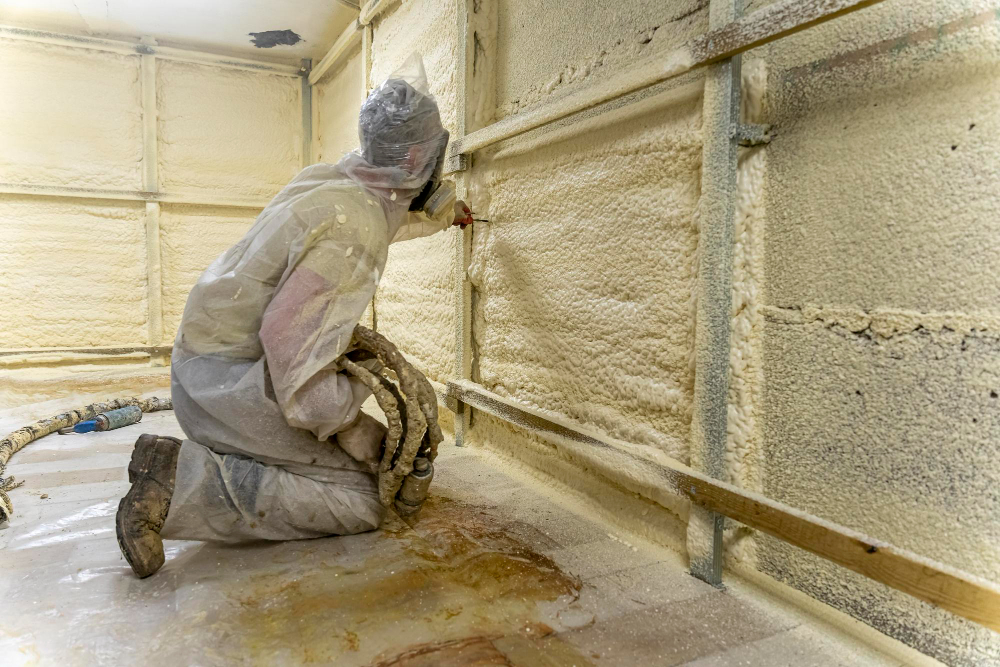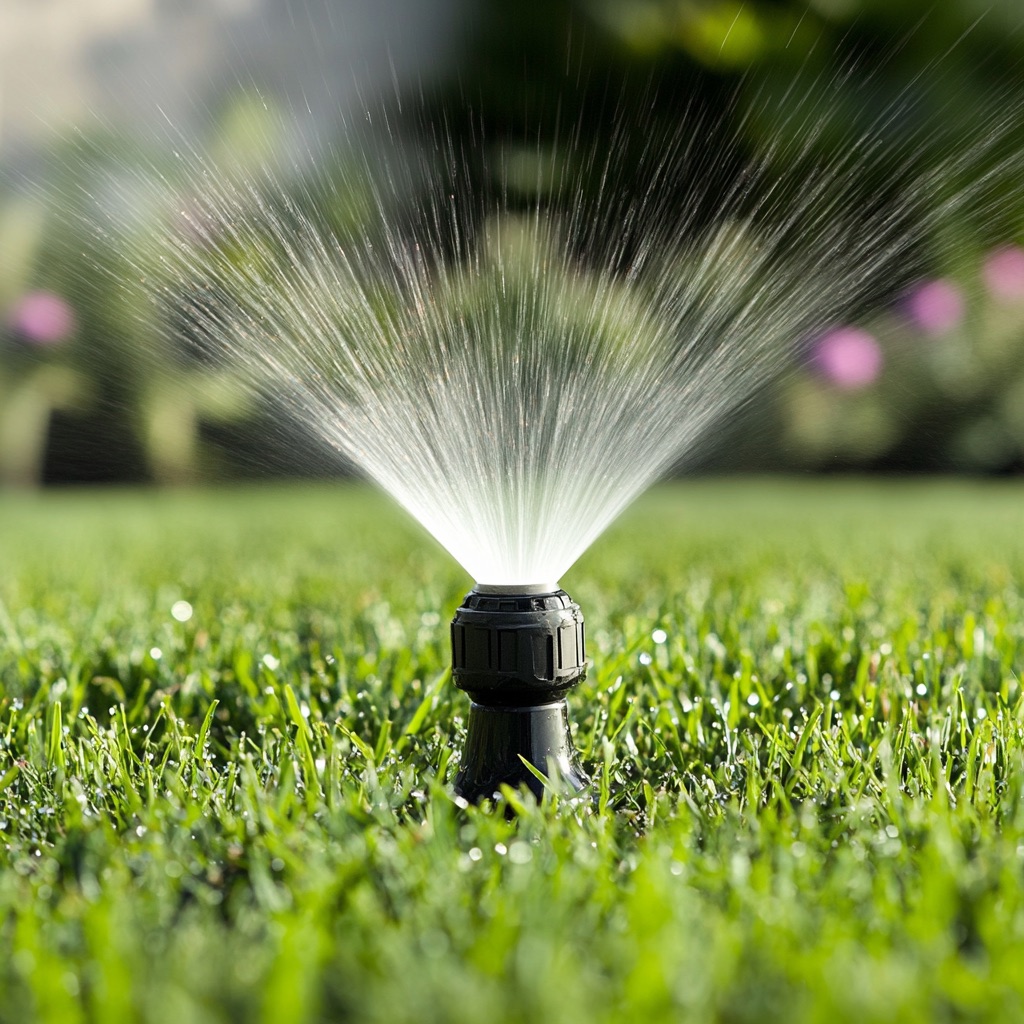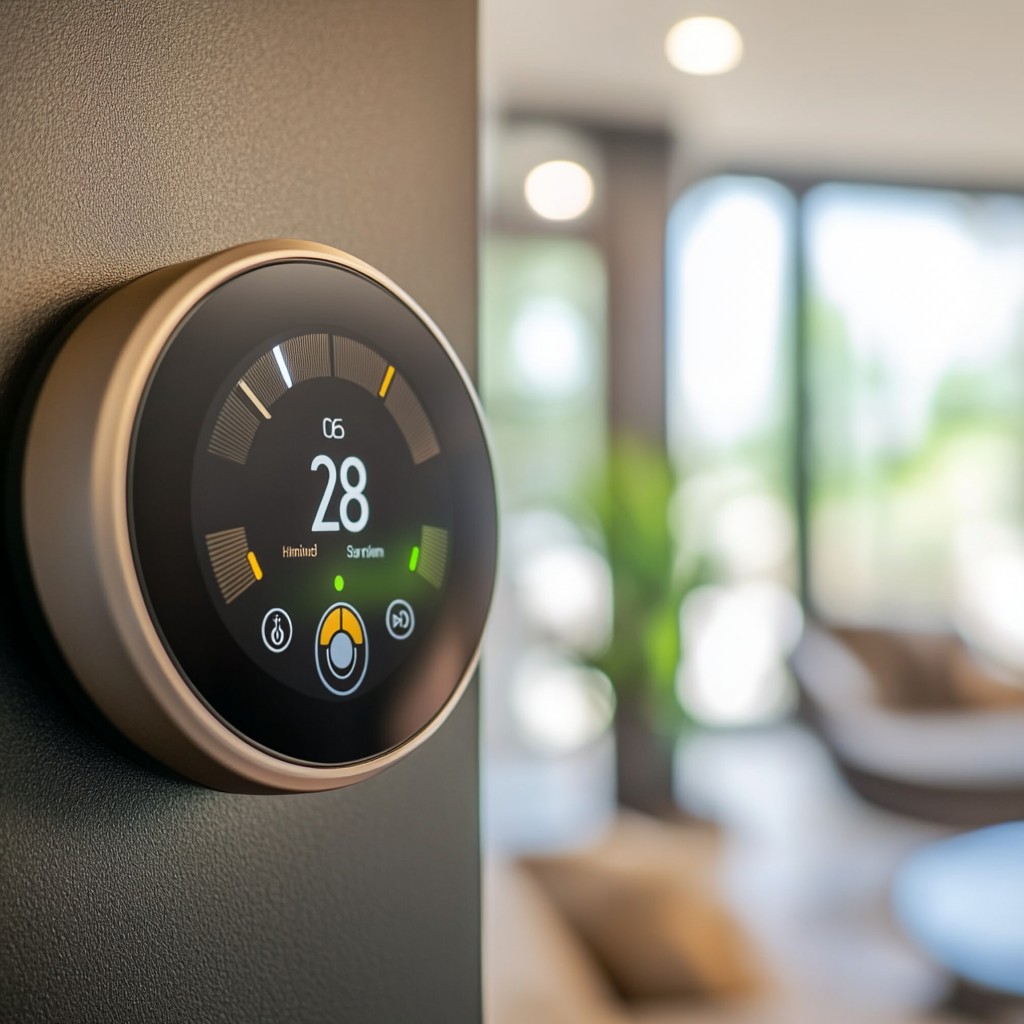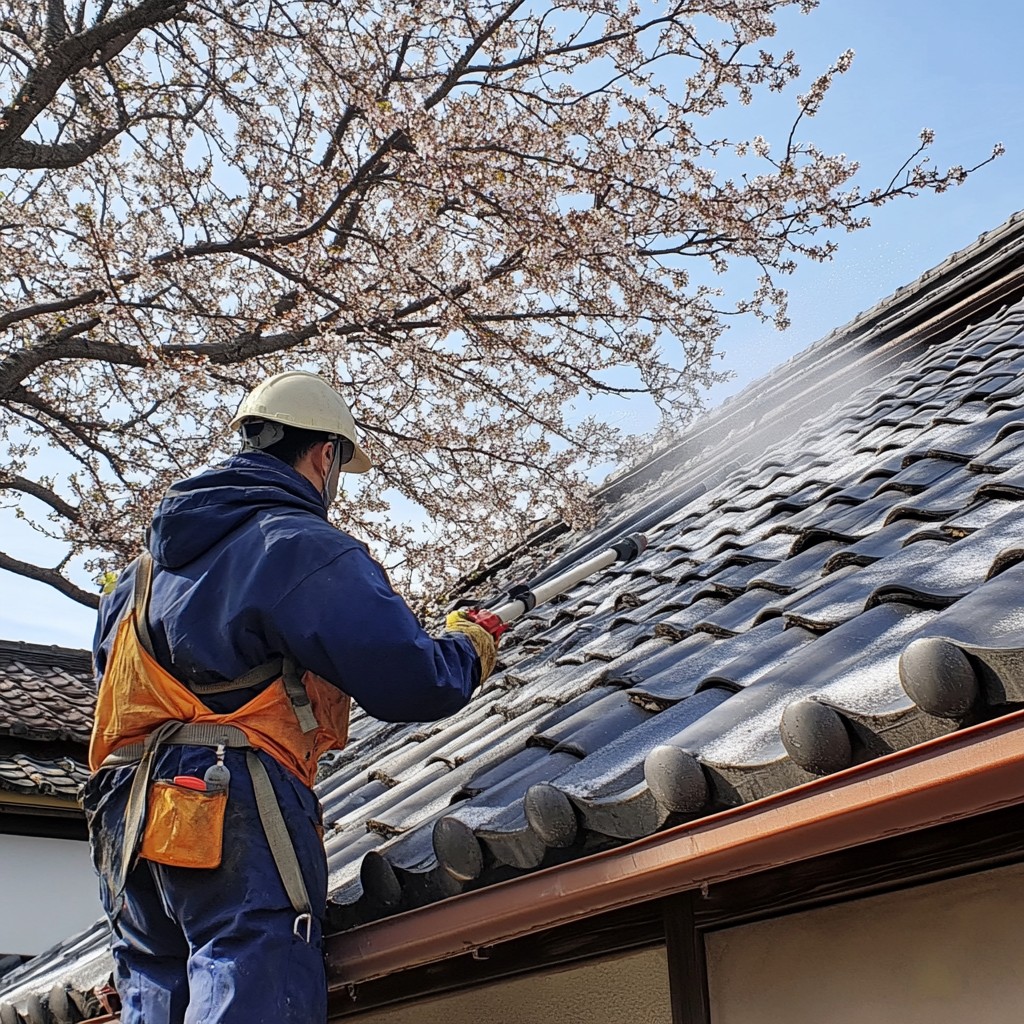Last updated on
As a business owner, there are countless factors to consider when it comes to ensuring the success and longevity of your company. While insulation may not be as exciting or glamorous as other aspects of running a business, its importance cannot be emphasized enough.
In fact, proper insulation can have a significant impact on everything from energy efficiency and cost-saving measures to employee productivity and overall comfort in the workplace. In this blog post, we will dive into why insulation is not only important but essential for any successful company looking to achieve long-term growth and sustainability.
The Impact of Inadequate Insulation on Your Company’s Energy Costs

Insulation plays an important role for any company due to its significant impact on energy costs. According to Advanced Insulation & Fabrications, insulation is about maintaining temperature, conserving energy, and enhancing comfort.
Without proper insulation in place, a significant amount of heat can escape from the building during colder months and enter during hotter months, causing heating and cooling systems to work overtime.
This results in higher energy bills, which can significantly cut into a company’s profits. Inadequate insulation not only leads to wasted energy and increased costs but also puts additional strain on the environment.
How Improper Insulation Can Affect the Comfort and Productivity of Employees
Improper insulation can also greatly affect the comfort and productivity of employees. Inadequate insulation can lead to temperature fluctuations throughout the workplace, causing discomfort for employees.
This can result in decreased productivity as employees are more likely to feel tired, uncomfortable, and distracted when working in an environment that is too hot or too cold. Proper insulation helps maintain a consistent and comfortable temperature, creating a more conducive work environment for employees.
This can lead to increased productivity and overall job satisfaction, ultimately benefiting the company’s success in the long run.
The Potential Hazards of Poor Insulation for Your Company’s Equipment and Infrastructure

Without proper insulation, moisture can seep into the walls, floors, and ceilings of a building, causing damage to electrical systems and potentially leading to mold growth. This not only poses potential hazards for employees but also risks damaging expensive equipment and disrupting operations.
The cost of repairing or replacing damaged equipment and infrastructure can be substantial and have a significant impact on a company’s bottom line. Proper insulation acts as a barrier, protecting the building from moisture, and minimizing the risk of damage to equipment and infrastructure.
This ensures that operations can run smoothly without any costly interruptions.
Types of Insulation Suitable for Commercial Buildings
The most common types of insulation used in commercial buildings include fiberglass, cellulose, and spray foam. Fiberglass is the most widely used and affordable option, consisting of fine glass fibers that trap air within them.
Cellulose is another popular choice made from recycled materials such as newspaper or cardboard, making it an environmentally friendly option. Spray foam insulation is known for its superior insulating properties and can be applied to any surface, making it a versatile choice for commercial buildings.
The type of insulation chosen will depend on factors such as budget, building structure, and climate conditions.
Insulation is an important investment for any company. It not only helps reduce energy costs and increase efficiency but also creates a comfortable and productive work environment for employees. By prioritizing insulation, businesses can not only save money in the long run but also contribute to a more sustainable future for our planet.
Investing in proper insulation now can lead to long-term benefits and success for your company in the future.
Table of Contents




